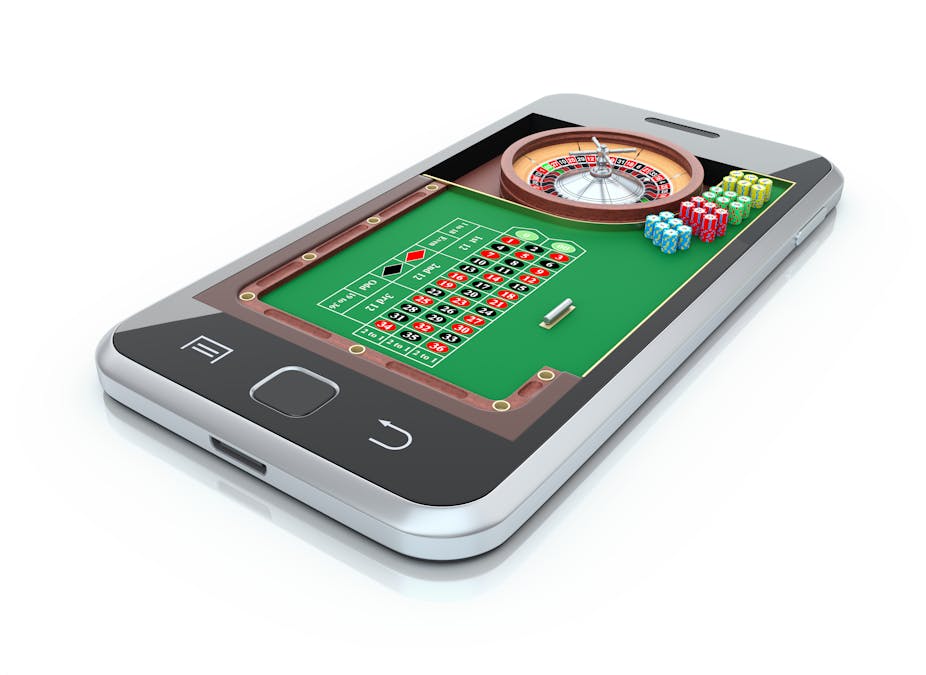In the recent Hollywood science-fiction epic, Cloud Atlas, based on David Mitchell’s sprawling novel, the capitalist dystopia of Neo Seoul in 2144 is depicted as part of a world state called Unanimity, where privileged citizens speak a dialect known as Consumer and share in lifestyles of rampant commerce on steroids, all with flying vehicles and synthetic humanoid slaves in the mix.
Meanwhile back in the 21st century — and firmly placed in reality — New Jersey authorities have passed a law that permits Atlantic City’s casinos to extend their business reach through online gaming to players located throughout the state. However, provisions also exist in the legislation for compacts (or treaties) with foreign countries to be established that could eventually permit online games with a casino brand to spread out globally.
Could this be a tipping point leading to a future perturbation of globalisation? Another kind of imminent dystopia, where gambling reigns supreme and we all speak the language of Chance? Social game developers are already working on systems to embed gambling mechanics into smartphone game apps previously devoid of this capability. The current buzzword in marketing is “gamification.” If games can be incorporated into anything digital so as to enhance intrinsic motivation for use, is “gamblification” next on the consumer landscape?
The gambling bug may be difficult to control, but that’s probably because it’s parasitical to human nature. As a species, humanity’s hallmark trait (or at least one of them) is taking part in risk-taking behaviour. Since the dawn of time, people have been active in the sometime illogical and counter-intuitive state of being that is thrill-seeking, drawn to it through fun, fear or whatever. Gambling is all of this, with the added frisson of high stakes. Hill and Clark (2001) argued that archaeological evidence from Southern Mexico dating back 3,600 years suggested that a sense of community identity emerged from groups that wagered on competitive sports (i.e. ballgames). In effect, theory would have it that sports led to gambling, which then became the social bonding that initiated government.
Gray has also examined gambling from both an evolutionary and a cross-cultural perspective. Findings from a sample of 60 ethnic societies indicated that young males had a greater predisposition to pathological gambling than females. Most of these cultures had indigenous forms of gambling, but some were introduced from external sources.
Is a predilection to gambling actually in our collective DNA? It is not easy to arrive at a definitive answer based on existing scholarly literature. But the cross-cultural angle to gambling is worthy of further scrutiny given the possibility of global markets for real money gaming becoming a billion-dollar industry opportunity.
There are few studies that look into gambling cognition and psychological states across cultures. A study by University of Queensland researchers is one example that focused on this aspect within casino gambling and other physical gaming venues, with respect to differences between Chinese and Caucasians in Australia.
Further research that deals with cross-cultural issues in online gambling would have to be deemed high priority, even though such studies would be a logistical nightmare in order to ensure proper ecological validity and authentic sampling of test subjects. Without representative test subjects that span as many present-day ethnic groups and cultures as possible, any such studies could easily degenerate into something too niche, like research into online gambling behaviour amongst university students, for example.
The shift to real money online gaming could prove to be the killer application that further drives the take-up of social media. The social gaming company Zynga, creators of Farmville, are already exploring this business opportunity.
Short-form games that can be played on smartphones, like Angry Birds, have given rise to the notion of “entertainment snacking”. This bite-size approach to engagement could also be applied to wagers and winnings in online games through micropayment systems.
Punters could be conditioned to tolerate very small sums of money as winnings — and also handle the inevitable losses. However, should online gambling be given the imprimatur of name brands from the likes of Las Vegas and Atlantic City, then we may all be snacking on Chance in the future, for better or worse.

